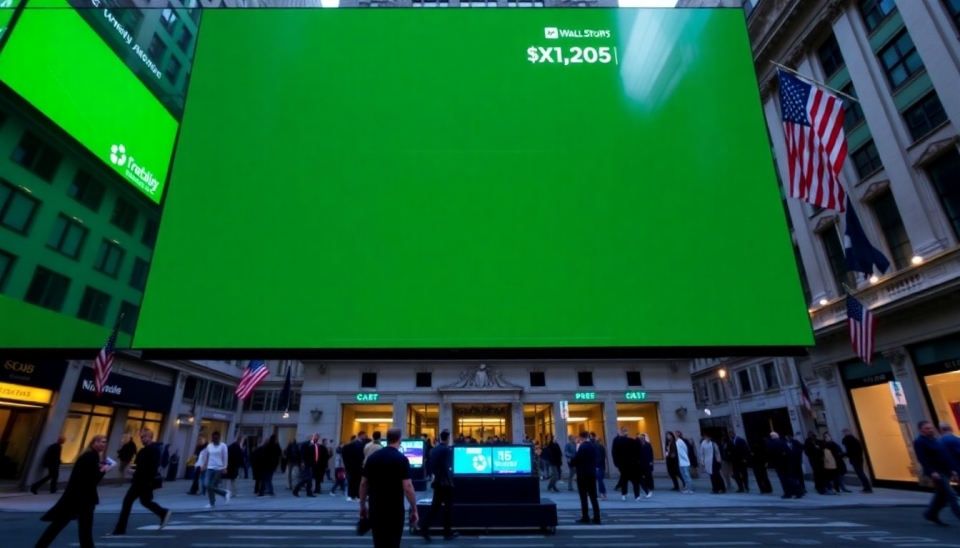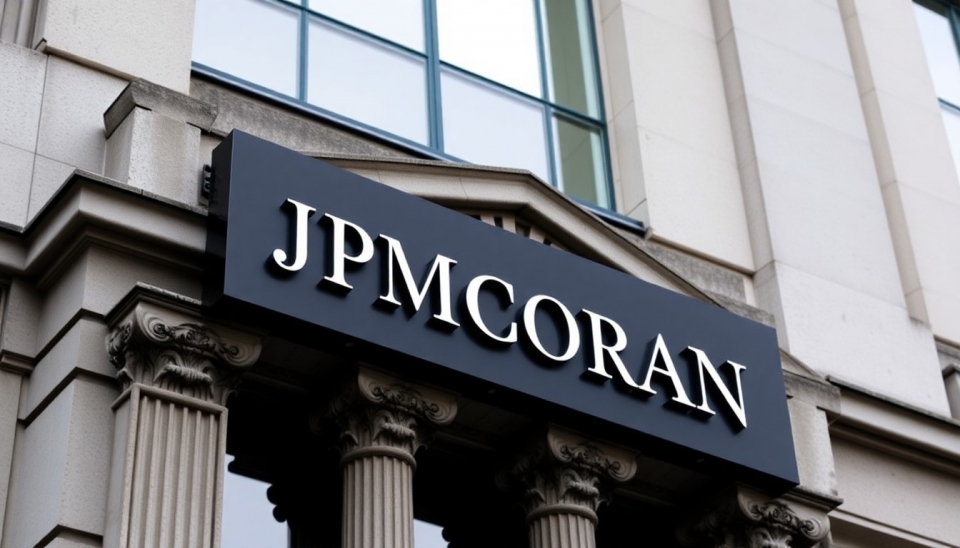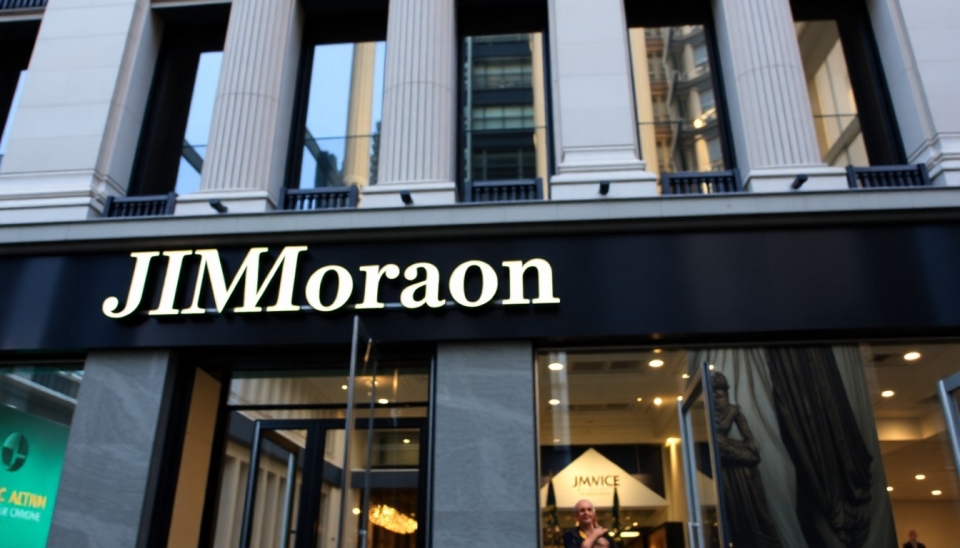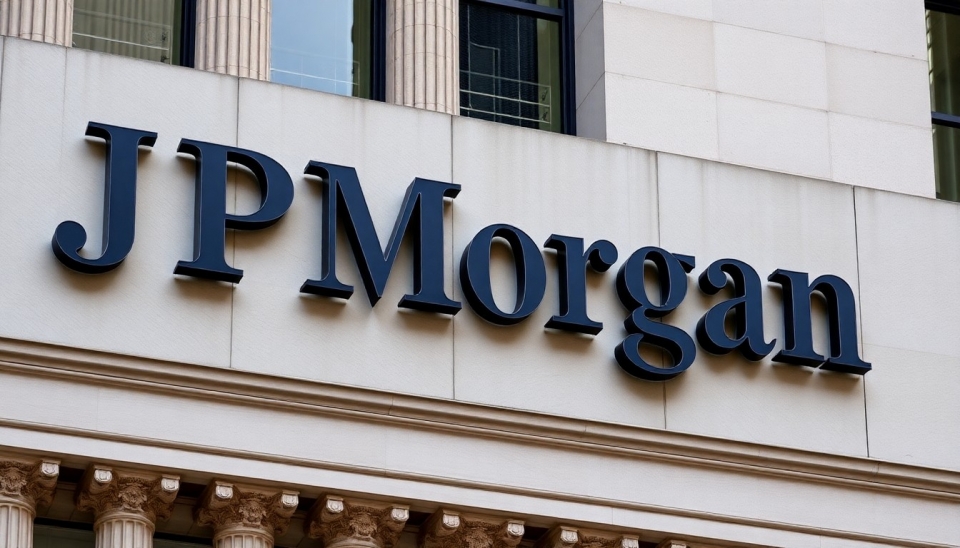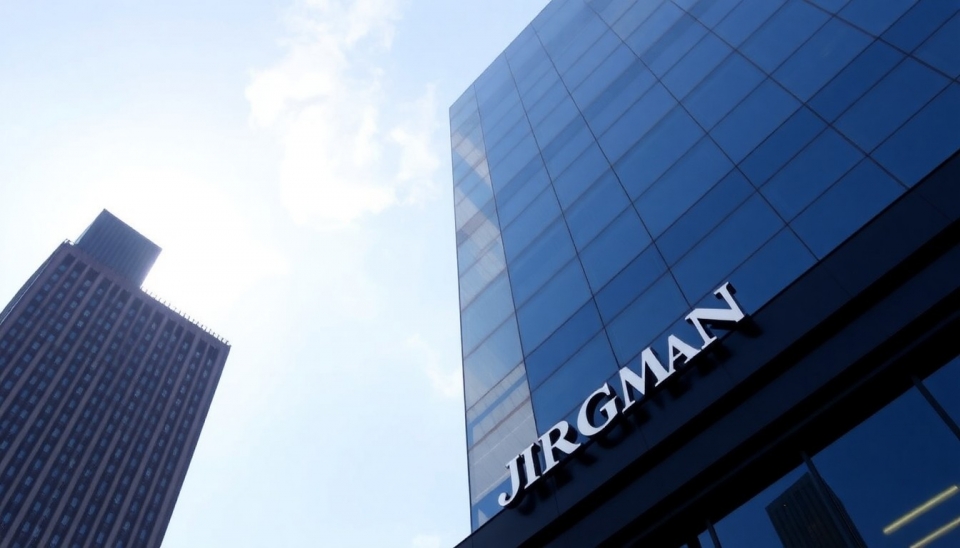
In a significant move that underscores the growing scrutiny of online platforms regarding content moderation, financial giant JPMorgan Chase & Co. and telecommunications leader AT&T have decided to pull their advertising from Twitch, a popular live-streaming service owned by Amazon, following recent allegations of antisemitism on the platform. This decision reflects a mounting concern among major corporations about the safety and appropriateness of advertising environments, especially given the sensitivity surrounding hate speech and discrimination.
The decision comes after a series of incidents where antisemitic remarks and symbols were allegedly displayed by some users during live streams. These occurrences prompted outrage within the Jewish community and among concerned citizens, leading to calls for action against the platform's management regarding their handling of such content.
Both JPMorgan and AT&T have stated that their corporate values are incompatible with hate speech, and they are committed to ensuring that their advertisements do not appear alongside content that promotes discrimination of any kind. This action is seen as a proactive approach to aligning their marketing strategies with social responsibility, particularly in an era where consumers are increasingly calling for companies to take a stand against social injustices.
In a statement, a spokesperson for JPMorgan expressed that the company is continuously reviewing its advertising practices to support platforms that foster inclusivity and respect. Similarly, AT&T echoed these sentiments, emphasizing the importance of maintaining a safe and respectful digital environment for all users.
This development is part of a larger trend where brands are re-evaluating their affiliations with platforms that may not align with their ethical standards, particularly in light of the heightened awareness regarding antisemitism and other forms of hate speech. The swift responses from these major corporations may set a precedent for similar actions by others in the industry.
Moreover, this incident highlights the significant role that social media companies play in moderating content and fosters ongoing discussions about how effectively they can prevent harmful rhetoric while balancing freedom of expression. Twitch has not publicly responded to this specific incident but has been urged by advocacy groups to enhance its content moderation policies to combat hate speech and harassment more effectively.
As the conversation surrounding online safety and corporate responsibility continues to evolve, the actions taken by companies like JPMorgan and AT&T demonstrate a critical shift towards accountability in the digital advertising space.
Organizations concerned about digital hate speech and antisemitism are likely to welcome these decisions, hoping they will lead to more stringent regulations and oversight on platforms not only like Twitch but across the broader spectrum of social media and streaming services. The implications of such actions could resonate throughout the tech industry, prompting a re-evaluation of how companies engage with online platforms that host user-generated content.
In conclusion, as the discussion around online advertising and the presence of hateful rhetoric grows more pressing, it will be essential for both brands and platforms to find effective solutions that protect individuals from harm while respecting the freedoms that underpin digital communication.
#JPMorgan #ATT #Twitch #Antisemitism #OnlineSafety #CorporateResponsibility #DigitalAdvertising #ContentModeration
Author: Emily Collins
